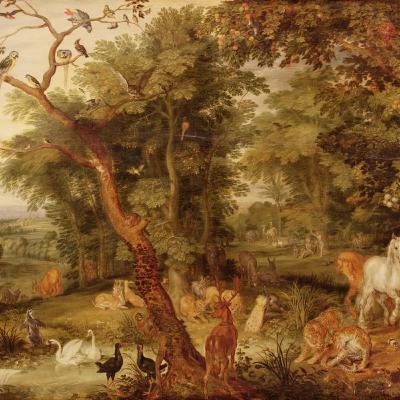Bereishit Ch. 9
Description
In today’s episode, we continue exploring the flood narrative by asking: What truly changed after the flood? The Torah reveals a profound transformation in humanity’s relationship with the earth.
Before the flood, humans were intimately tied to the ground—emerging from it, sustained by it, and judged through it. The earth responded directly to sin, from Adam’s curse to Cain’s exile. But after the flood, humans and animals emerged from the ark, not the earth. That separation meant their sins no longer corrupted the ground itself. This shift explains why God could now promise never again to destroy the world: human corruption would harm humanity, not creation itself.
This marks the birth of codified morality. Where once consequences were immediate and natural, now God gave explicit commandments—the Noahide laws. Humanity also received permission to eat meat, reflecting a new, more distanced relationship between humans and animals.
Yet one place remains different: the Land of Israel. There, the ancient bond endures, and the land itself reacts to moral corruption, even “vomiting out” its inhabitants. Israel preserves the pre-flood intimacy between land and morality.
Ultimately, the flood story teaches that morality is now our conscious responsibility. Though the earth no longer provides automatic feedback, our actions still reverberate through creation—ethically, spiritually, and environmentally.






